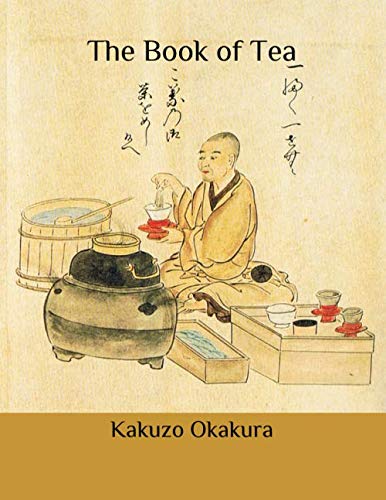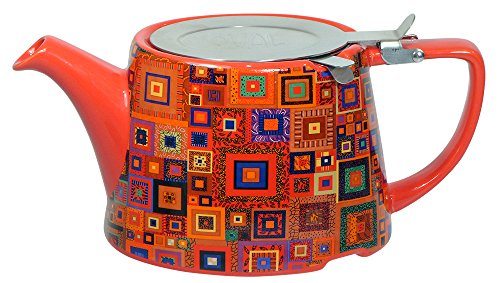The Book of Tea
“Tea … is a religion of the art of life.”“Teaism is a cult founded on the adoration of the beautiful among the sordid facts of everyday existence. It inculcates purity and harmony, the mystery of mutual charity, the romanticism of the social order. It is essentially a worship of the Imperfect, as it is a
“Tea … is a religion of the art of life.”“Teaism is a cult founded on the adoration of the beautiful among the sordid facts of everyday existence. It inculcates purity and harmony, the mystery of mutual charity, the romanticism of the social order. It is essentially a worship of the Imperfect, as it is a tender attempt to accomplish something possible in this impossible thing we know as life.”













Philosophy, Life, Art, Flowers, Architecture, This Moment… and Tea. Appreciation. Published in 1906, Okakuraâs âBook of Teaâ espouses that tea is the foundation for a system of life, a philosophy, and itâs associated benefits all conspire to bring together that which is fundamental, holistically and spiritually. From Taoist and Zen upbringings, Teaism (not a typo!) comes with an admixture of the two as a world-philosophy, disposition and mindset. Being in the here and now and as Okakura writes: âThe whole ideal of Teaism is a result of this Zen conception of greatness in the…
Not Really About Tea! First off, not really about tea. It’s an overview of the history and philosophy of China and Japan through talking about tea. Okakura is a Japanese author who learned English at a young age, written in 1906.I found this book by clicking around on some links about Wabi-Sabi and because of my love for Chinese Tea I decided to read this one. The tea ceremony’s I have been involved in are certainly rich, simple, peaceful experiences, it has a similar effect as yoga on mind and body. I…
Remains the classic introduction to Chado Okakura’s book is a timeless dissertation on both the nature of tea and of Japanese culture that adapted it from earlier origins in China, transforming the simple act of making and serving a humble beverage into a quintessential microcosm of the Japanese traditional art of living. Though written for the edification of Westerners in another age, the author’s wonderfully crafted prose still convincingly conveys the significance of green tea in a manner that doesn’t require you to become a Zen…